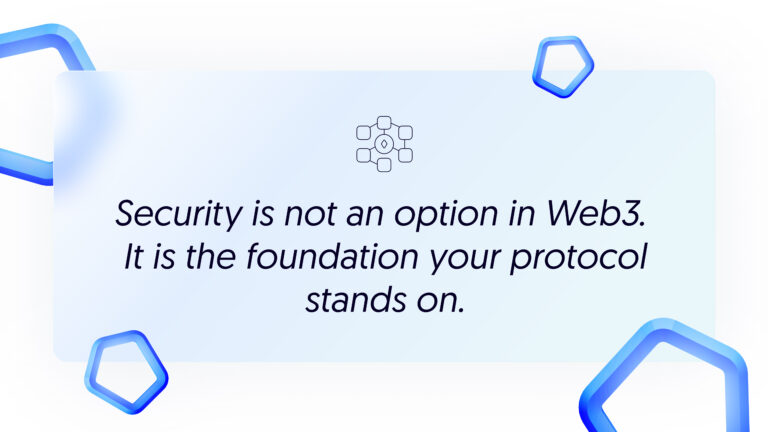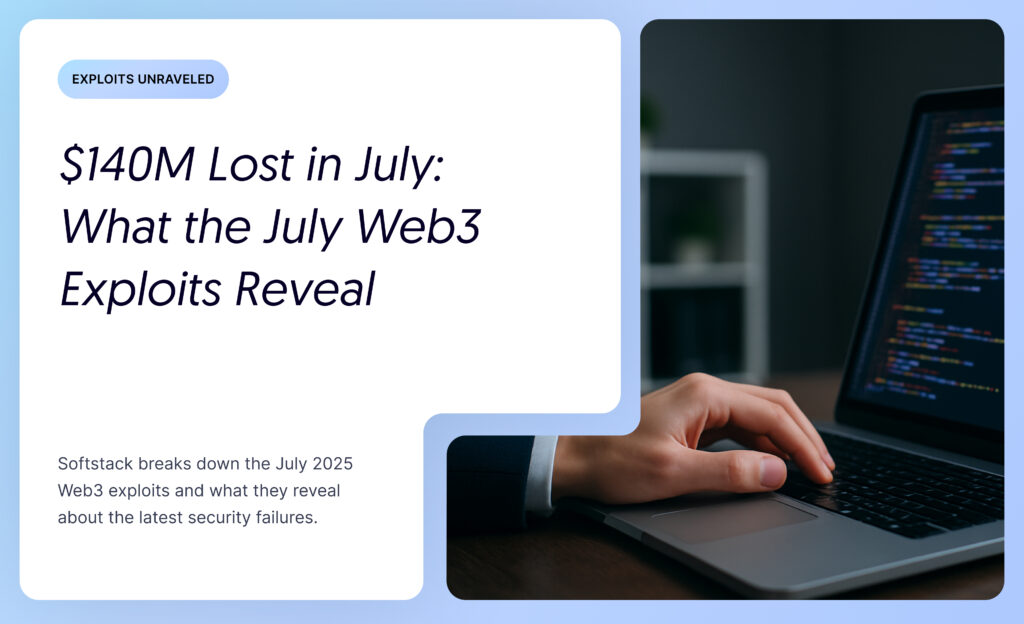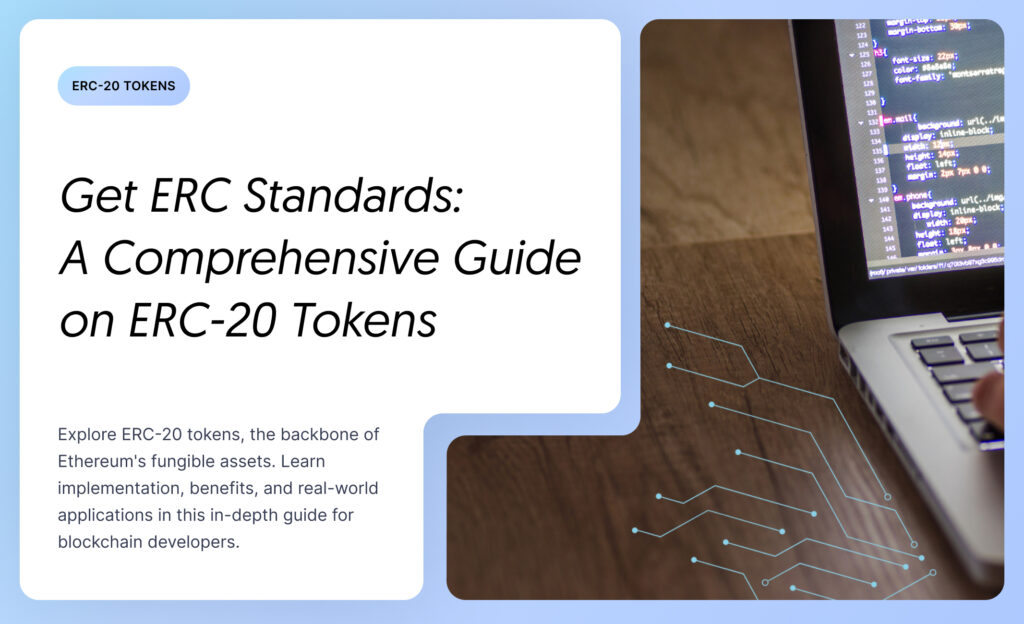Summarize:
Why Zero Exploit Audits Are Essential in Web3
In the rapidly growing world of blockchain and decentralized finance, smart contract exploits have become one of the biggest threats to users, developers, and investors. In 2020, about 200 million dollars were stolen through vulnerabilities in smart contracts. That number rose to over 1.3 billion dollars in 2021 and passed 3 billion dollars in 2022. As blockchain adoption accelerates, so do the attacks.
A single vulnerability can drain tens or hundreds of millions and completely destroy a project’s reputation. This is why choosing an auditor with a zero exploit track record is not just a nice-to-have. It is critical for survival.
In this article, we rank the top smart contract audit firms with zero exploit records and explain why their track record matters. We also share how to select the right partner for your project.
Top Zero Exploit Auditors (Ranked by Total Audits)
Softstack
-
Total audits: 1,200+
-
Focus: DeFi protocols, bridges, token standards, wallets, SDKs, enterprise solutions
-
Highlights: ISO 27001 compliant, formal verification available, 48-hour audit response
Why they stand out:
Softstack combines scale and precision with over 1,200 smart contract audits since 2017 without a single post-audit exploit. Known for deep multi-chain expertise including Ethereum, Solana, Polygon, Tezos and more. They are trusted by Ripple, Siemens, TON, BitGo, Anchorage Digital and more.
OpenZeppelin
-
Total audits: 300+
-
Focus: Ethereum-native protocols, governance modules
-
Highlights: SOC 2 certified, leaders in open source security
Why they stand out:
OpenZeppelin has set security standards for Ethereum for years, powering protocols like Compound and MakerDAO. Their tools and frameworks are widely adopted across DeFi.
ConsenSys Diligence
-
Total audits: 200+
-
Focus: Layer 1 and Layer 2 chains, SDKs, wallets
-
Highlights: Formal verification pioneers, creators of MythX and Scribble
Why they stand out:
Backed by ConsenSys, they combine formal methods with real-world battle testing. Known for auditing Uniswap, Infura, and MetaMask.
Trail of Bits
-
Total audits: 150+
-
Focus: Enterprise-grade and research protocols
-
Highlights: Academic partnerships, custom static analysis tools
Why they stand out:
Trail of Bits is known for high-complexity audits, including custom bytecode analysis and partnerships with major tech companies like Microsoft and Google.
ChainSecurity
-
Total audits: 120+
-
Focus: Complex DeFi primitives, governance, staking
-
Highlights: Swiss precision in formal methods, ISO 27001 certified
Why they stand out:
Originally part of PwC, ChainSecurity specializes in formal verification for high-stakes DeFi apps like Kyber and Compound.

Why a Zero Exploit Record Matters
A zero exploit record shows that a firm’s processes, tools, and talent can spot critical vulnerabilities before attackers do. Many of the biggest hacks in DeFi history, from the 600 million dollar Ronin bridge exploit to Nomad’s 200 million dollar loss, were caused by flaws that could have been caught with deeper reviews.
Working with a zero exploit auditor means you are partnering with a team that prioritizes security over speed, checklists, or just delivering a report. It means your users, investors, and ecosystem can trust your code.
How to Choose the Right Auditor
Selecting an audit partner is one of the most important decisions you will make for your Web3 project. Here’s what to consider:
Match expertise to your use case
If you are building a DeFi protocol, choose auditors with deep experience in DeFi logic, not just token standards.Ask for case studies and sample reports
This will show how thorough and actionable their reviews are.Verify certifications and methodologies
Look for ISO 27001, SOC 2, or formal verification options.Check post audit support
Do they help with bug bounty integration, monitoring, or follow-ups?Evaluate turnaround time and depth
A fast audit is great, but never at the cost of missing critical flaws.
Example Risks That Zero Exploit Auditors Catch
Here are some of the common risks that a top-tier auditor identifies before your code hits mainnet:
Reentrancy bugs that could allow attackers to drain funds
Oracle manipulation that could lead to false prices and stolen collateral
Logic errors that bypass permissions or allow infinite minting
Overflow or underflow in math operations causing loss of control
Incorrect use of upgradeable patterns leading to admin takeovers
Five Essentials for Founders Before Launch
Schedule your audit early to avoid delays
Ensure your scope includes all libraries, integrations, and upgrade paths
Combine manual code review with automated analysis
Implement layered defenses like circuit breakers
Plan for continuous monitoring and quick response plans
Partner with Softstack
Softstack is a German Web3 development and auditing firm with over 1,200 zero exploit audits since 2017. We deliver transparent, hands-on support from scoping through verification. Whether you are a seed stage startup or an enterprise protocol, we help you launch with confidence.
Ready to get started?
📞 Book a free consultation at https://calendly.com/softstack
OR
📤 Email hello@softstack.io with a link to your code repository so we can review your codebase and get you an accurate quotation.
Would you recommend Softstack to fellow Web3 builders?
Join our Service Partner Program (SPP) and provide your network with a trustworthy partner.
✅ Up to 20 percent referral commission
✅ Fast tracked onboarding
✅ Preferential rates
✅ Over 1 million dollars in partner savings via https://deals.softstack.io
✅ Lead sharing and co marketing support
👉 https://softstack.io/service-partner-program-spp
📁 Also available on GitHub: Zero Exploit Auditors






